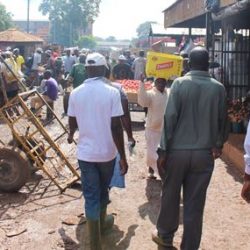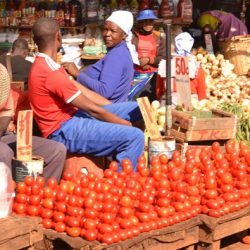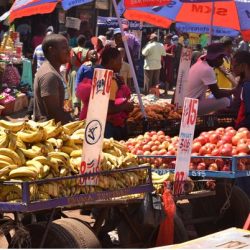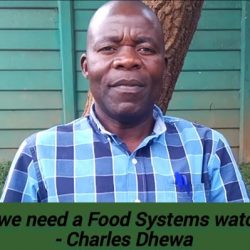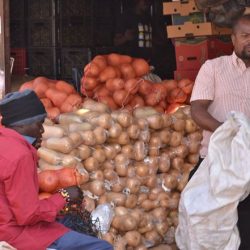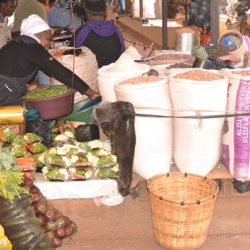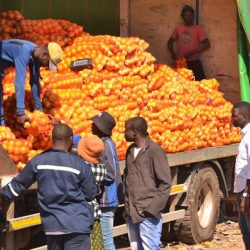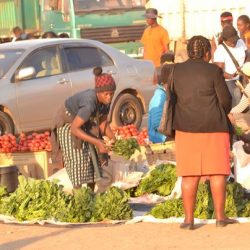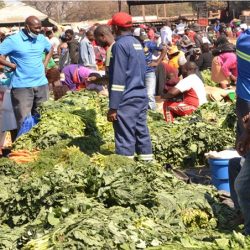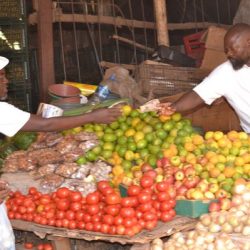What would African countries do without people’s mass food markets?
What would African countries do without people’s mass food markets? Known as people’s markets or territorial markets in some African countries, Mass food markets have remained unsung heroes in African countries for several reasons. Besides ensuring diverse and affordable food for the majority of rural and urban consumers, these markets represent a unique expression of Read more about What would African countries do without people’s mass food markets?[…]

